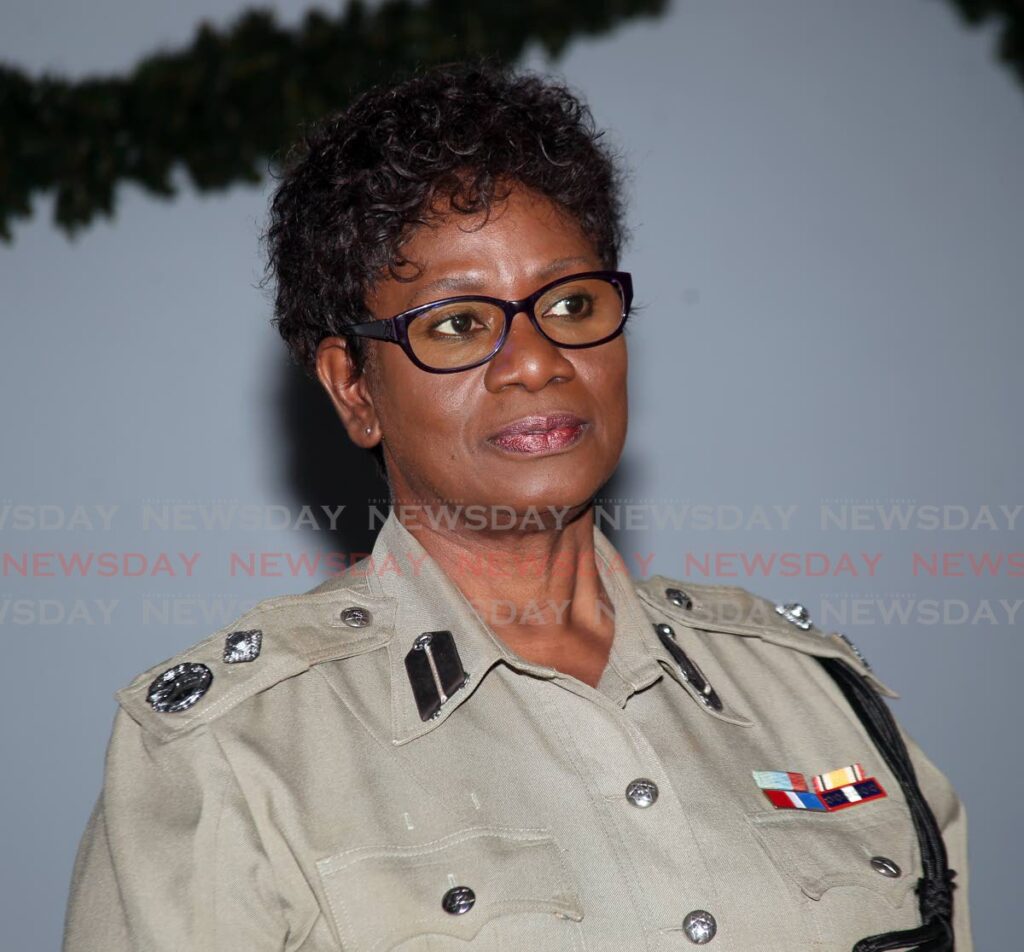Violence no virtual reality

THIS INTERNATIONAL Women’s Day there is renewed focus on gender disparities within cyberspace, and for good reason.
According to the UN, females are more likely than males to fall prey to cyber-violence, with 73 per cent of women journalists coming under attack online in the course of their work.
Women are also underrepresented in the fields of science, technology, engineering and math, including computer science.
For example, they make up only 22 per cent of artificial intelligence (AI) workers globally.
Little wonder a recent global analysis of AI systems found 44.2 per cent demonstrate gender bias, even though these systems are meant to exemplify the rigid, mechanical dictates of gender-neutral logic.
If we cannot get machines to show women the respect they deserve, imagine the difficulties of getting human beings to do so?
That is precisely the difficulty we continue to experience in this country where violence against women remains an insidious problem, tied up as it is with a formidable battery of mindsets, attitudes and prejudices – some institutionalised – that continue to shape us in terrible ways.
Neesha Ramkissoon, Danette Pierre, Patrice Aaron – these are some of the latest additions to the never-ending list of those who have succumbed to violence.
Even the recent discussion of the issue of TT nationals trapped in Syria threw up the way women can be misled, tricked or mistreated by partners with their own agenda.
Violence and mistreatment must stop.
The world is focusing today on ways to get more women into fields that have historically neither welcomed nor appreciated them. Governments, civil society organisations and private entities are being asked to push forward in their efforts to make the world a more inclusive, more equitable place.
Yet, some women here do not have the luxury of entertaining dreams of being an engineer or a computer scientist. They must worry about more bread-and-butter matters such as how to travel home in a taxi safely without getting killed.
We recently witnessed the Government and the Opposition unite to install this country’s first female Commissioner of Police Erla Harewood-Christopher. Her ascent is an important one for the Police Service. Equally important will be this month’s assumption of duties by Christine Kangaloo, who will be the second female President.
The elevation of such women to high office provides hope and inspires others to follow in their footsteps. But unless real social change happens to really and truly break the glass ceiling and to safeguard the physical integrity of the female body, such moments will continue to be more exceptions than the rule.
We need to position women to make an equal contribution to the world of technology while also addressing the myriad ways they are still left vulnerable to exploitation and worse.


Comments
"Violence no virtual reality"